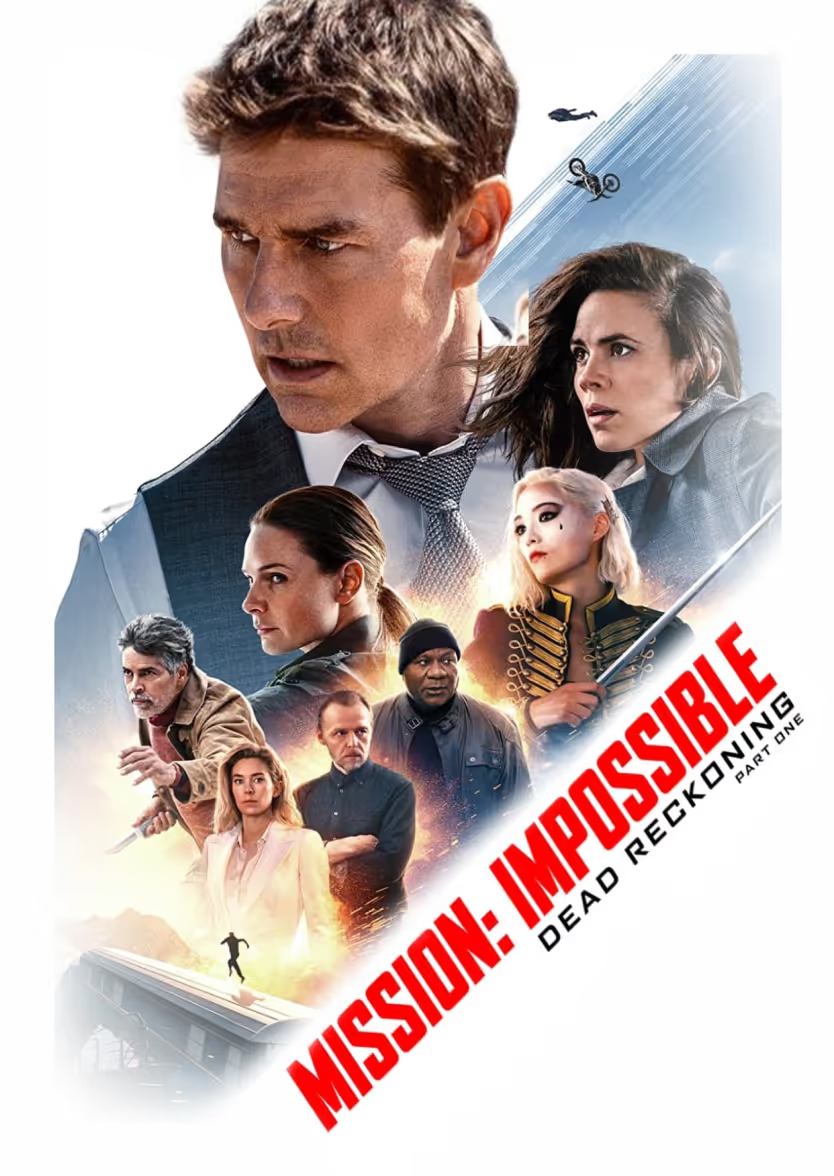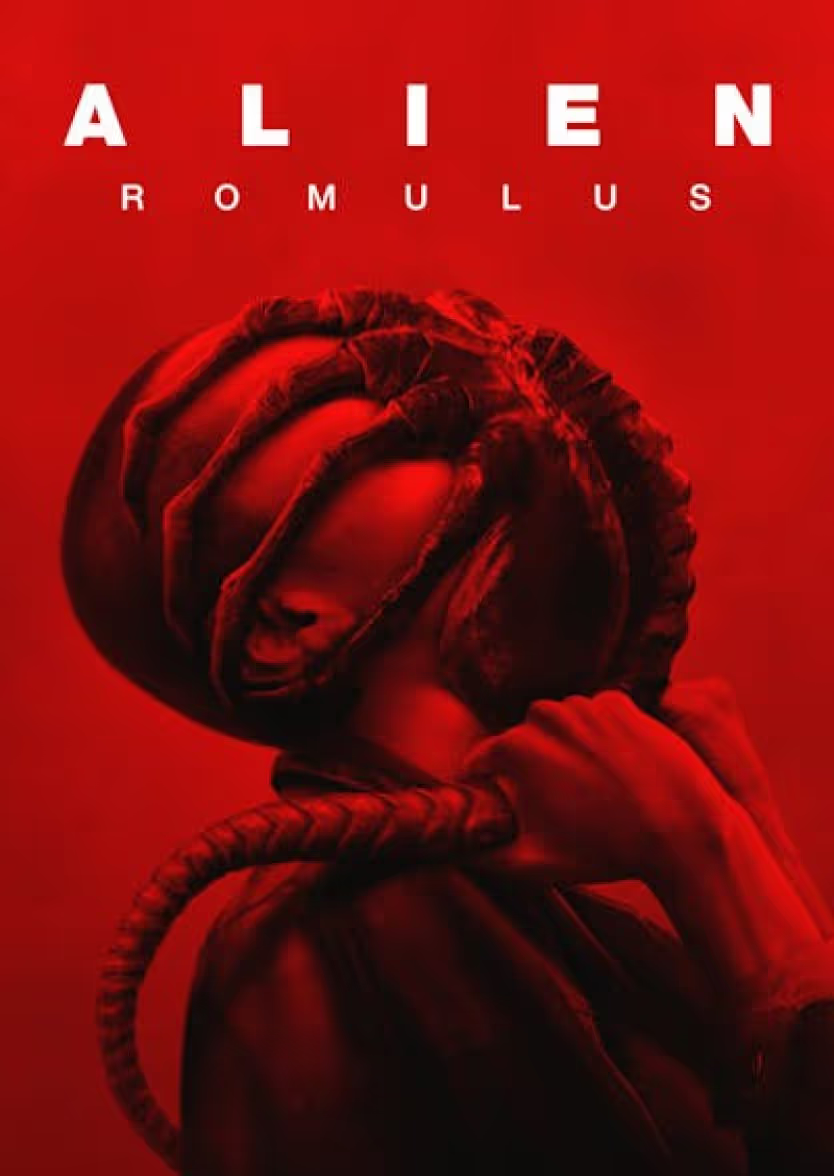The scene has been set. The location?
The Tokyo International Forum.
An audience, at the edge of their seats, watches Thomas Newman’s Academy Award-nominated score being played by the Tokyo Philharmonic Orchestra. On a giant screen behind the orchestra, Daniel Craig, as James Bond, rides a motorcycle from rooftop to rooftop. The film on view is Sam Mendes' 2012 masterpiece Skyfall.
Film Concerts Live!, who produced this presentation of Skyfall, puts together events where film scores are performed live by world renowned orchestras in-sync with some of Hollywood’s biggest movies. If you’ve ever attended one, you know what a spectacular experience it can be, but what made this specific event so different was that it took place on March 27th, 2021, with the Covid-19 pandemic still in full effect.
While a socially distanced crowd safely enjoyed James Bond and Javier Bardem’s Raoul Silva duke it out in Japan, almost 6,300 miles away and on a 14 hour time difference, Marty Bierman mixed the film’s sound in Chicago.
But how do you organize and run an event like this during a time when you can’t be within 6 feet of people?
Evercast.
Getting Started
Like all live events, Film Concerts Live!, a joint venture between IMG Artists and The Gorfaine/Schwartz Agency, had to pump the brakes in the wake of the pandemic. So to keep morale up, Film Concerts Live!, began hosting a company-wide Friday afternoon Zoom cocktail hour including Film Concerts Live! producer Steve Linder, plus various guests like technical director Alex Levy and Mike Runice. Linder and Runice were an integral part of putting together the Skyfall event.
During one of these cocktail hours, Levy shared the many uses of Evercast. He had just used the platform to oversee a film scoring session in London, while he was in California. Then Levy made a light-hearted joke that lit the Skyfall fuse, declaring how great it would be to do a Film Concerts Live! show from the comfort of his living room. This planted a seed in the minds of Linder and Runice. “What if they could use Evercast to safely put on a Film Concerts Live! event?” They looped in Bierman to talk practicalities and began discussions with Evercast. Everyone quickly realized that this extremely versatile platform may have even more tricks up its sleeve.
The only way to find out if this could work was to do a test case, which would require finding a venue willing to incur the potential risks and put in the work needed to figure out a brand new workflow.
Enter the presenting partners in Japan, Kyodo Tokyo, a group uniquely suited for this situation. Film Concerts Live! already had a deeply established and trusted working relationship with them, and the people at Kyodo Tokyo wanted to get their hands on the exciting technology. Plus, Film Concerts Live! had previous experience throwing a Skyfall event, and Keiji Shigeta, Kyodo Tokyo’s lead sound engineer, had extensive experience working with this specific orchestra.
Preparing For The Big Show
The first pre-production meeting was a practice setup in a studio, located in Tokyo, where everyone could get a sense of how things were going to work before they did rehearsals at the venue. The idea was that whatever equipment was needed could just be grabbed off the shelf. It took four hours to set everything up, which makes sense when you take into account that multiple time zones, language barriers, a new system, internet issues in Japan, and a pandemic all had to be navigated. Something as simple as getting through a drop down menu turned into its own adventure.
While Runice and Linder had been to the Tokyo International Forum many times before, Bierman had not, which initially made him a little nervous. Most venues Film Concerts Live! uses are traditional concert halls, meaning they are very reverberant. This makes mixing a show like this extra tricky because this reverberance is meant for orchestras, not dialogue or sound effects, especially not loud explosions. But what Bierman quickly realized is that the Tokyo International Forum is not a traditional concert hall but a concert venue where audio is well-amplified with almost no reverberance, adding another reason to the list of why this venue was perfectly suited for this event. Linder called the venue, “A sound engineer's dream, especially for film.” It was a place where you can have phenomenal control over the orchestra, dialogue, and sound effects.
There’s also the fact that Skyfall is a complicated feature so it required two engineers. One for the film, which in this case was Bierman, and the other, for the orchestra, was Shigeta, who would be working from the venue.The reason Skyfall is so complicated to mix is because the score can be very environmental with repeating non-traditional music cues. It also has a lot of non-traditional action set pieces where the effect of the film depends on one’s ability to feel the silences. Think of the Shanghai Fight Sequence, one filled with dips of silence in the score, meaning you can’t have instruments or sound effects reverberating throughout the room. If not mixed properly, a film like this runs the risk of having the score overpowering the film or vice versa, depending on the scene.
As Runice put it, “We are tasked with the responsibility, ultimately of looking out for the composer's work… [Evercast] is such a phenomenal tool to come up with to be able to do that effectively without having to be in the room.”

How it Worked
In a basic breakdown of how things worked, Film Concerts Live! was responsible for sending the picture and audio tracks, stripped of the score, to the Tokyo International Forum. Then Bierman, while in Chicago, listened to the film's audio being projected in Tokyo and adjusted the mix based on what he heard coming from the room. While Shigeta mixed the orchestra in Tokyo. A strong audio signal and next to no latency was paramount because normally both mixers would be next to each other the whole time.
Though Evercast allowed them to seamlessly do all of this while sending a live camera feed of the stage to Bierman. There were two other big factors that had to be added for the event to work. The first was the use of a specific microphone called a binaural microphone. This created a 3-D stereo sound, which allowed Bierman to have an audio feed in his Chicago studio that sounded exactly how it would’ve if had been standing behind the audio board in Tokyo. (Note: To experience what 3-D audio sounds like, it is highly recommended you pop on a pair of your best headphones and listen to this version of Bohemian Rhapsody.)
The second factor was TeamViewer, which allowed Bierman’s mixing board in Chicago to communicate with Shigeta’s at the venue. When a fader was moved in Chicago, the equivalent fader moved in Tokyo and vice versa, if Shigeta need to make an adjustment it would show up on Bierman’s board, which created a situation where it truly was like they were next to each other using one mixer.
The Big Day
When the big day finally came, Evercast allowed a whole group of people to virtually participate. This included:
- Steve Linder in Burbank, California
- Mike Runice in Omaha, Nebraska
- Marty Bierman in Chicago, Illinois
- Thomas Newman in Los Angeles, California (Skyfall composer)
- Keiji Shigeta in Tokyo, Japan
- Ken Shima in Tokyo, Japan (Production Manager; Kyodo Tokyo)
- Susan Ogawa in Tokyo, Japan (Key Technical Translator; Kyodo Tokyo)
- Satoko Kawaike in Tokyo, Japan (Project Lead Director; Kyodo Tokyo)
- Jamie Richardson in New York City, New York (Producer; Film Concerts Live!)
- Rob Stogsdill in New York City, New York (Director of Operations; Film Concerts Live!)
- Sophie Greaves in New York City, New York (Production Manager; Film Concerts Live!)
- Elise Peate in New York City, New York (Production Assistant; Film Concerts Live!)
- Meera Vijayendra in Kuala Lumpur (Consultant for Asia/Pacific Region; IMG Artists)
- JP Castel in Los Angeles, California (Technical Producer, Evercast)
While there was a party of people virtually watching, there was no need for any additional crew in Tokyo beyond the regular crew an event like this would normally have.
The first half of the concert could not have gone better but during intermission there was a big scare. Bierman disappeared for five minutes only to come back just in time to finish the back half of a brilliant show. Turns out his internet provider was experiencing a black out and according to Runice, Bierman “did the entire second half on a 5G tethered phone. Evercast never fell behind and never dropped.”
Afterwards Linder reported back that Evercast, “Worked better than we ever imagined.”Runice said, “I can't imagine it being any simpler. I mean, everything just worked” and that “at this point, I'd be happy to have a conversation about Evercast with any orchestra anywhere in the world.”
Thanks to this Evercast and Film Concerts Live! collaboration, it looks like the doors have been completely blown open of who can work a live show and from where.
(Header photo courtesy of Tokyo Film Forum)
Create together remotely, in real time
















.avif)









.avif)


.avif)